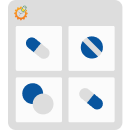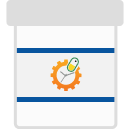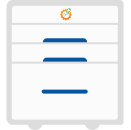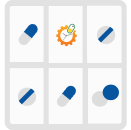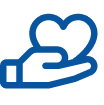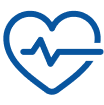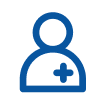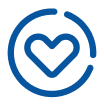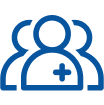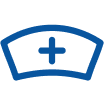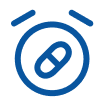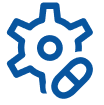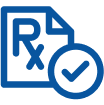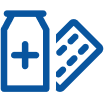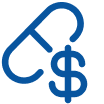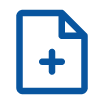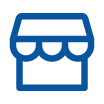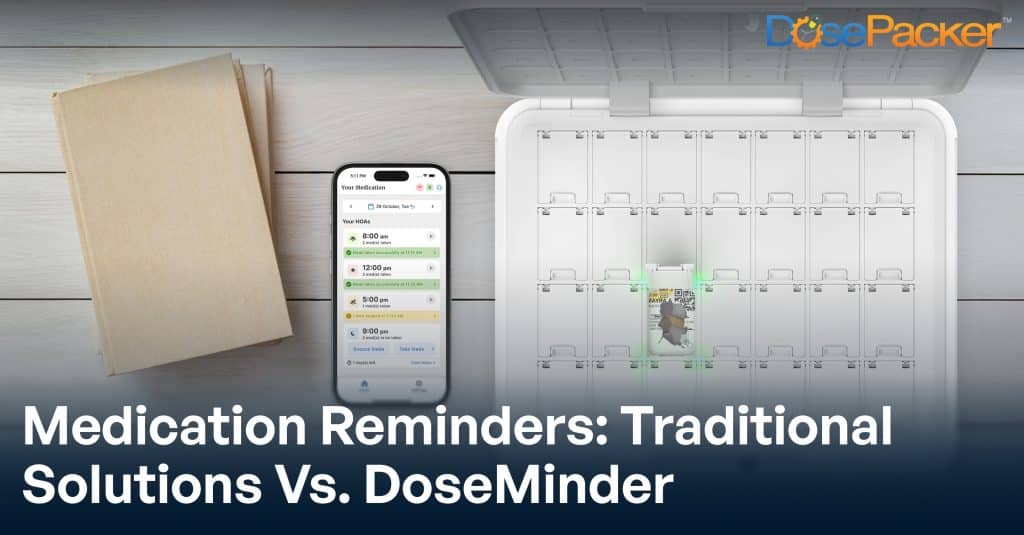Unlock the latest in medication management technology and grow your care community with us.
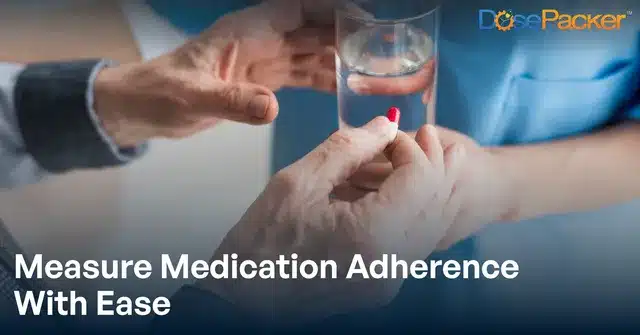
Imagine this:
You’ve just been prescribed a new medication to help manage your blood pressure. You’re told to take it daily, but it’s easy to forget with your busy schedule. Before you know it, your blood pressure creeps up, and suddenly, you’re facing serious health issues.
This scenario is all too common. Many often overlook the importance of medication adherence until it’s too late or their condition has worsened. Studies show that around 50% of patients don’t take their medications as directed, leading to deteriorating conditions, hospitalizations, and higher healthcare costs.
But there’s hope. Innovative solutions are emerging to support better medication adherence. We at DosePacker are at the forefront of this effort, developing tools and technologies designed to make medication management easier and more reliable so you can take control of your health and enjoy life to the fullest.
Make Every Dose Count!
Significance of Medication Adherence
Staying on track with your medication isn’t just about taking a pill; it’s about protecting your health and avoiding serious complications.
When patients stick to their medication schedule, they are more likely to:
- Improve Health Outcomes:
Proper adherence to medication regimens can significantly enhance the management of chronic diseases. For instance: - Cardiovascular disease patients who take their medications as prescribed reduce their risk of cardiovascular events by 8% and all-cause mortality by 12%.
- Diabetic patients who adhere to their medication schedules are 23.3% less likely to be hospitalized.
- High adherence rates to antiretroviral therapy lead to a 60%-80% decline in AIDs, hospitalization, and death for HIV patients.
- Save Costs:
While the impact on individual health is paramount, medication adherence also has substantial financial implications: - Non-adherence costs the U.S. healthcare system up to $300 billion annually.
- An estimated $100 to $300 billion in healthcare costs could be saved each year by addressing medication adherence.
Let’s keep in mind these vulnerable populations who experience difficulties adhering to their medications:
- Elderly patients
often struggle with complex medication regimens and may face cognitive challenges. - Individuals with chronic conditions
who often need to manage multiple medications, are at higher risk of non-adherence. - Low-income populations
may face financial barriers to obtaining medications consistently.
How to Measure Medication Adherence
Healthcare providers also need reliable medication adherence measurement tools and techniques to track patients’ adherence to their medication plans.
Direct Measurement Techniques:
- Therapeutic Drug Monitoring(TDM):
Checks blood medication levels, providing clear intake evidence. However, it can be invasive and expensive, making it less practical for regular use. - Medication Events Monitoring System(MEMS):
This system records when a medication container is opened using a small chip inside the bottle. - Biological Markers:
Some medications include markers that can be detected in the body, confirming that they have been taken. - Observation (Directly Observed Therapy):
Healthcare providers watch patients take their medications in real-time. While this method is highly accurate, it’s not always feasible for long-term use.
Indirect Measurement Techniques:
- Patient Self-Reporting:
Patients report their own adherence, but this method can be unreliable due to memory issues or over-reporting. - Pill Counts:
Counting leftover pills during visits gives an estimate of adherence but doesn’t confirm whether the medication was taken. - Pharmacy Refill Rates:
Checking how often prescriptions are refilled can indicate adherence, but it assumes that picking up the medication means it’s being taken. - Real-Time Medication Monitoring (RTMM):
This tech-based approach tracks medication use in real-time through connected devices that send data to a central system. - Electronic Monitoring Devices:
These advanced tools offer detailed insights into medication use, including: - Smart medication storage devices with automated reminders.
- A comprehensive platform that tracks dosages for residents.
Proven Strategies to Improve Medication Adherence
Practical strategies must be implemented to make patients stay on track more easily. Thankfully, there are several technology-backed tools to ease the medication administration process.
- Using Compliance Packs:
A compliance medication pack comes precisely labeled with the hours of drug administration. DosePacker further improves compliance packs by integrating them with software, CareCommunityOS, and our mobile app, MyDoses. Our compliance packs have QR codes that can be easily scanned to keep track of your medication. Not just that, using our compliance packs can also provide advantages like: - Dose cups are color-coded according to HOA to help patients identify when to take each dose.
- Clear instructions and information about each medication
- Tearable dose cups that make drug administration extremely easy
- Utilizing Reminder Tools:
Digital reminder devices are a great way to ensure patients take their medication. For example, DosePacker’s DoseMinder device is designed to help seniors take their medicines independently. This ensures that they never miss a dose. It has unique features for elevating medication adherence like: - Video confirmation of drug administration is done with our smart visual system.
- Alerts and reminders through the MyDoses app
- Highlights the right dose cup to eliminate medication errors
- Involving Caregivers:
Having caregivers involved can provide an additional layer of support and accountability for patients. Strategies include: - Teaching caregivers how to use medication management tools
- Involving caregivers in medication reconciliation during healthcare visits.
- Implement med-pass management software tools to guide staff through med-pass management better.
Combat Medication Non-adherence with DosePacker
Let DosePacker be the partner that aids you in achieving medication adherence. We envision a healthier, happier world where every individual—young and old—takes control of their life and lives it to the fullest.
Your Meds, Your Way
